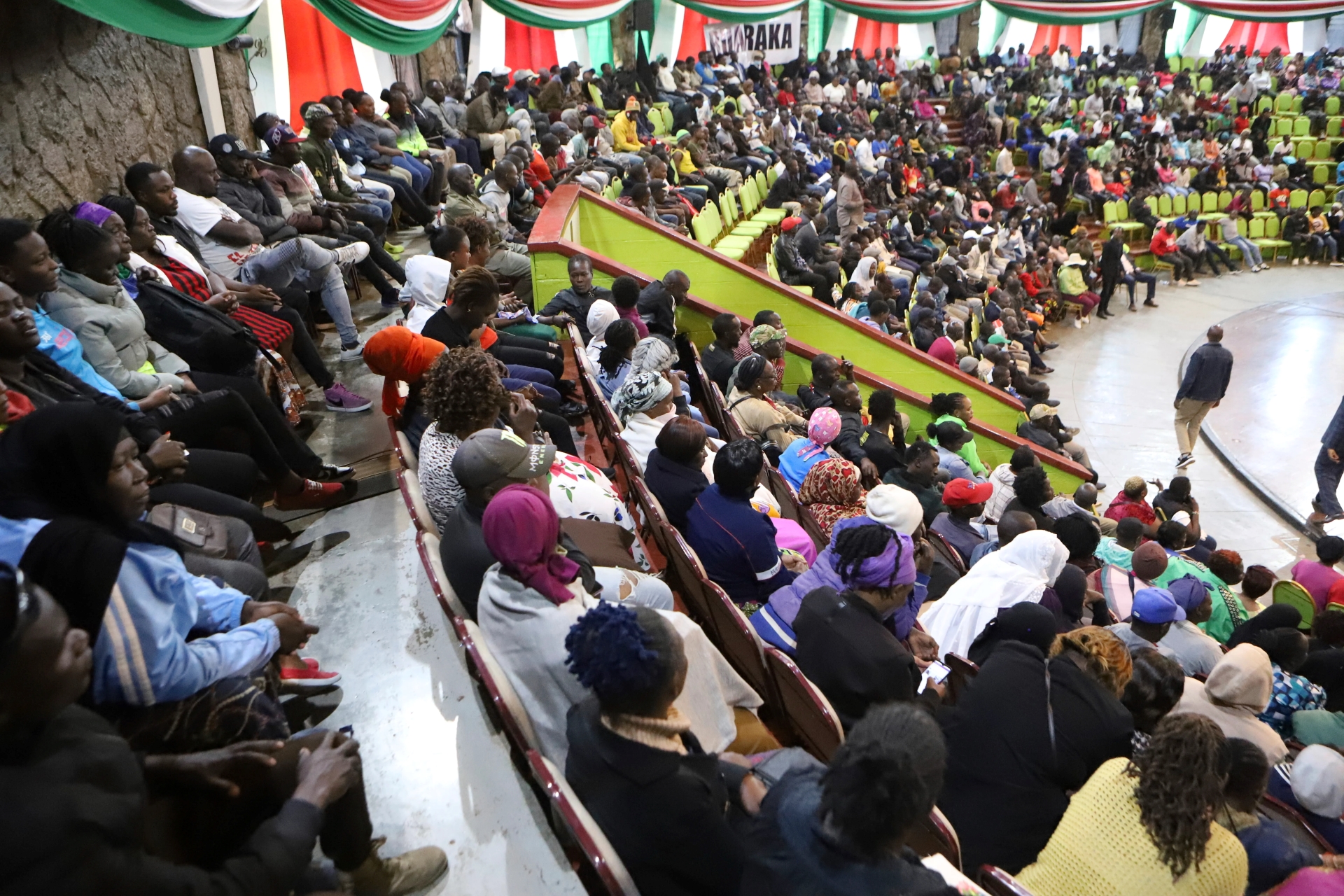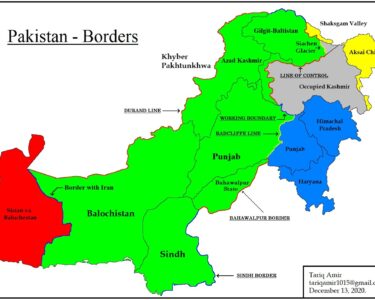There are 25 languages in Senegal, six of them have the status of national languages, but Wolof is by far the most dominant. Out of the country’s population of 17 million, over 12 million speak Wolof, compared to around 4 million who speak French.
But like in most former colonies, French has traditionally been the language of Senegalese political and cultural elites. The vast majority of schools across the country and all universities use French. All official documents are issued exclusively in French. With an education rate of about 60%, a large portion of the population is excluded from engaging with these official platforms.
President Bassirou Diomaye Faye, Africa’s youngest elected leader, came to power six months ago on an anti-establishment platform, and his rise reflected the frustrations of Senegalese youth with the traditional, elderly political class. Faye has made a point in making all of his official speeches in both French and Wolof, and he has pledged to prioritize local languages in schools, with French being introduced later in education. This shift comes as most West African nations are rethinking their relationship with France, which is losing its clout in the region. In countries like Burkina Faso and Mali, where military councils are in power, the divorce with the French language has been abrupt: They dropped French as the official language and banned many French-speaking media outlets.
The decline of French in Senegal has been more subtle. But to a careful observer, the signs are everywhere: More and more billboards are either bilingual, or in Wolof. Although all university courses are still conducted in French, Sall said that professors and students speak Wolof to each other in the corridors, which would have been unthinkable when she started working. Some Senegalese writers are publishing their books in Wolof, and not in French.
 Cars are parked under a sign written in Wolof in Dakar, Senegal, Wednesday, Oct. 2, 2024.
Cars are parked under a sign written in Wolof in Dakar, Senegal, Wednesday, Oct. 2, 2024.
“Surely, the nationalism which began to take root with the new government is playing a role,” said Fall. “But another important factor has been the revolution in the media, which started with Sud FM.”
Sud FM, Senegal’s first private radio station, started broadcasting programs in Wolof in 1994. The morning news program in Wolof now has over 2 million listeners, said its director, Baye Oumar Gueye.
“We responded to a real need: providing information to a population that does not speak French,” Gueye said in an interview in his office. “They can now participate in the exchange of information.”
He added: “The use of French language is decreasing. When you want to reclaim your sovereignty, the first thing is to have your own language.”
 A man sits outside a stationary store with French signs in Dakar, Senegal, Thursday, Oct. 3, 2024.
A man sits outside a stationary store with French signs in Dakar, Senegal, Thursday, Oct. 3, 2024.
El Hadj Aip Ndiaye, who has been driving a taxi in Dakar for the past 45 years, said he remembers well the launch of Sud FM. “Everyone listened to it,” he recalled.
Ndiaye, who did not go to school and speaks a very limited French, said he listens to the radio every day from 5 a.m. unto midnight as he drives across the dusty roads of Dakar in his yellow, rickety taxi. “Before, all the news on radio was in French,” he said. “I could not understand it. But with news in Wolof, you can understand what they are saying. You understand the world better and you can take part in conversation.”
“People are now proud to speak Wolof,” Ndiaye added. “Before, when you spoke Wolof, you were judged as a peasant. But now, even our president speaks Wolof a lot, so people are not afraid to speak it.”
But even the biggest proponents of Wolof are not pushing for radical change. Fall, the linguistics professor, said she dreams of university courses being taught in Wolof and children learning in their native languages, whether Wolof, Serrer, or Peul.
“We will get there, but it’s a process,” she said. “And we need French as well. It is the language of openness, which allows us to communicate with others in the region.”
 A man walks in front of posters written in Wolof in Dakar, Senegal, Wednesday, Oct. 2, 2024.
A man walks in front of posters written in Wolof in Dakar, Senegal, Wednesday, Oct. 2, 2024.










